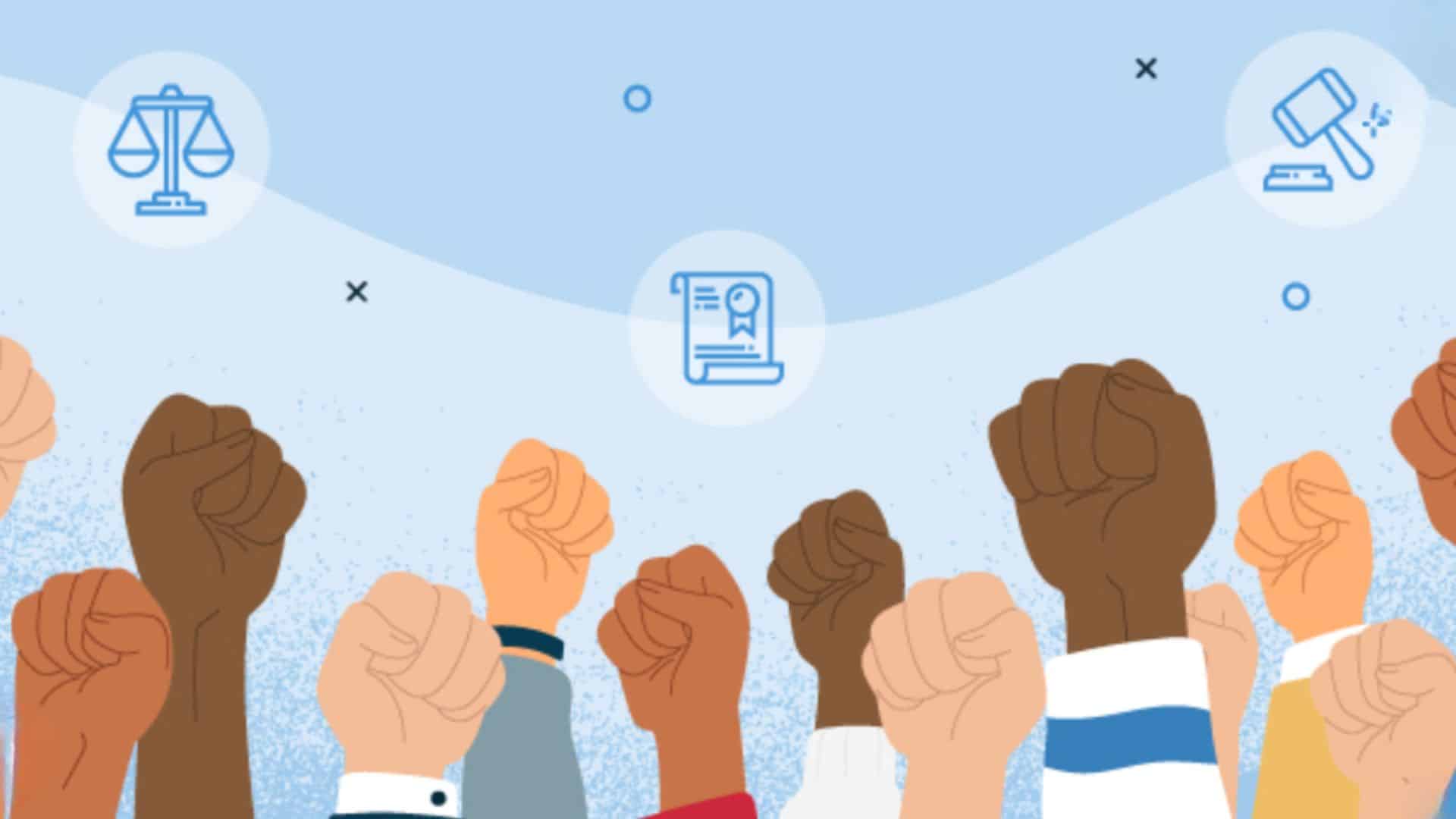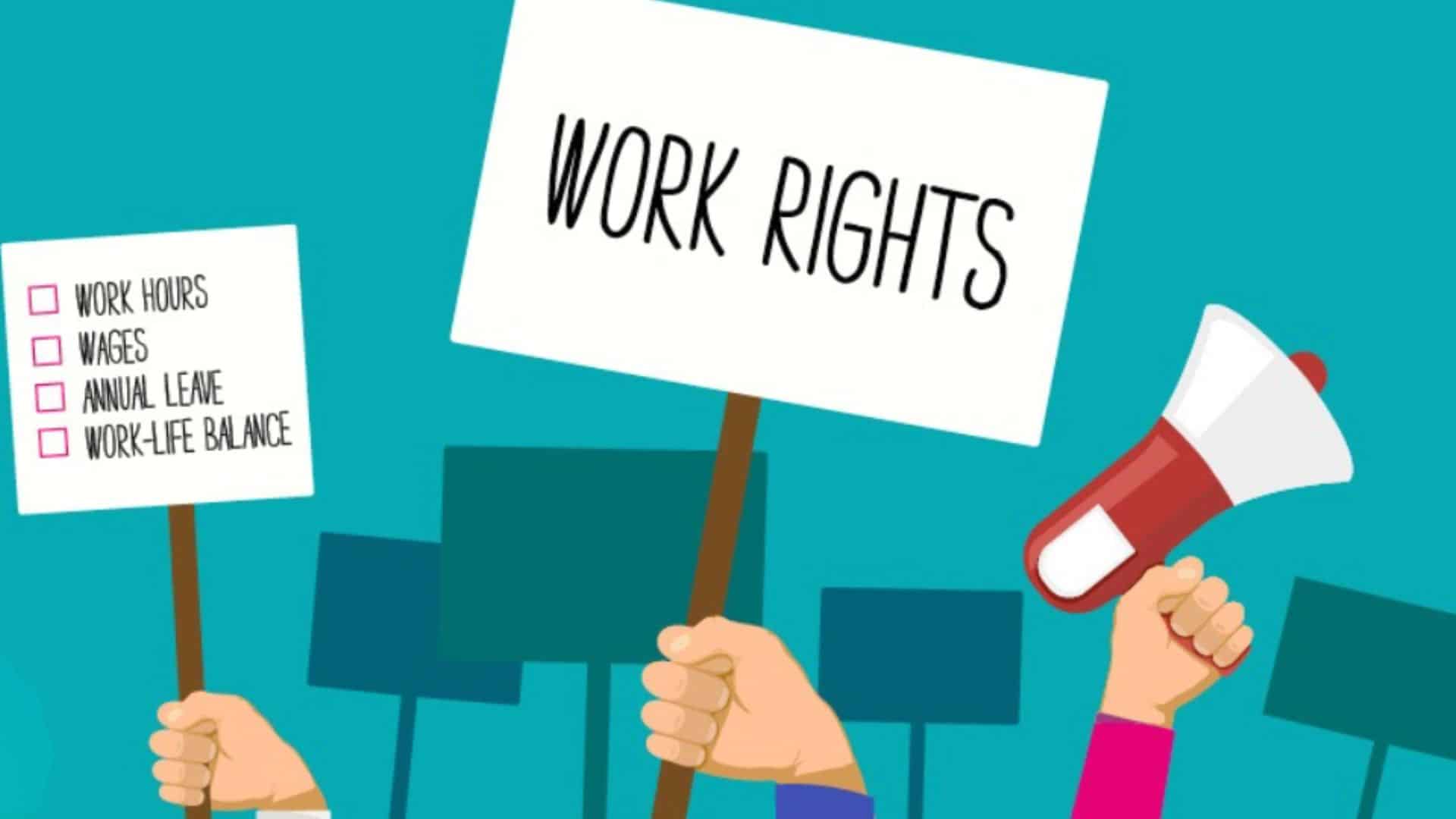Ever wondered what protections you actually have at work? Maybe you’ve faced unfair treatment, wondered about your pay, or questioned whether your boss can legally make certain demands.
You’re not alone – millions of workers are unaware of their basic employee rights, leaving them vulnerable to workplace violations.
Understanding your rights isn’t just smart; it’s essential for your career and wellbeing.
Starting a new job, dealing with workplace issues, or simply wanting to stay informed, knowing what you’re entitled to can make all the difference.
This blog covers the fundamental employee rights every worker should know, from wage protection to safety standards, helping you navigate your workplace with confidence.
What Are Employee Rights?
Employee rights are legal protections that ensure fair treatment in the workplace. These rights are derived from federal laws, state regulations, and occasionally local ordinances.
They cover everything from basic pay standards to protection against discrimination.
Think of employee rights as your workplace safety net. They establish minimum standards that employers must follow, protecting you from exploitation and unfair treatment.
Core Employee Rights Every Worker Should Know
Every employee deserves fair treatment, safe conditions, and clear protections in the workplace. Knowing your core rights empowers you to advocate for yourself confidently.

1. Fair Wages and Payment Protection
Your right to fair compensation is fundamental. Here’s what you’re entitled to:
Minimum Wage Protection
- The federal minimum wage applies to most workers
- Many states have higher minimum wage requirements
- Employers must pay the higher of federal or state minimums
Overtime Pay Rights
- Time-and-a-half pay for hours over 40 per week (most employees)
- Some positions are exempt from overtime requirements
- Comp time instead of overtime pay is generally illegal in the private sector
Payment Timing
- Regular, predictable payday schedules
- Final paycheck within specified timeframes when leaving
- Proper deductions only (taxes, court orders, voluntary deductions you’ve authorized)
2. Workplace Safety and Health Rights
The Occupational Safety and Health Act (OSHA) guarantees you a safe work environment:
- Safe workplace conditions free from recognized hazards
- Training on workplace dangers and safety procedures
- Right to report safety violations without retaliation
- Access to safety records and injury logs
- Personal protective equipment is required when needed
You can refuse dangerous work that poses an immediate danger to your life or health.
3. Anti-Discrimination Protection
Federal laws protect you from discrimination based on:
| Protected Category | Covering Law |
|---|---|
| Race, Color, Religion, Sex, National Origin | Title VII |
| Age (40+) | Age Discrimination in Employment Act |
| Disability | Americans with Disabilities Act |
| Pregnancy | Pregnancy Discrimination Act |
| Genetic Information | Genetic Information Nondiscrimination Act |
These protections apply to hiring, firing, promotions, pay, and all other terms of employment.
4. Family and Medical Leave Rights
The Family and Medical Leave Act (FMLA) provides eligible employees:
- 12 weeks of unpaid leave per year for qualifying reasons
- Job protection during leave
- Continued health insurance coverage
- Protection from retaliation for using FMLA leave
Qualifying reasons include personal serious health conditions, caring for family members, or bonding with a new child.
Understanding Your Rights as an At-Will Employee
Most U.S. workers are “at-will” employees, meaning either you or your employer can end the employment relationship at any time, for any reason (or no reason). However, this doesn’t mean employers have unlimited power.
At-will employment doesn’t override your other rights. You still can’t be fired for:
- Discriminatory reasons
- Filing complaints about workplace violations
- Taking legally protected leave
- Refusing to break the law
- Exercising your rights under labor laws
Privacy Rights in the Workplace

While privacy in the workplace may be limited, certain boundaries still apply.
Employers typically have access to monitor company-owned devices, email systems, phone usage, internet activity, and may use video surveillance in common areas.
However, some areas offer more privacy, such as personal items stored in locked spaces, casual conversations in break areas, protected health-related details, and activities related to workplace representation.
It’s important to check your employee policies to understand the specific guidelines that apply to your situation.
Whistleblower Protections
If you report illegal activities, safety violations, or other wrongdoing, you’re protected from retaliation. Whistleblower laws cover:
- Environmental violations
- Financial fraud (Sarbanes-Oxley Act)
- Safety violations (OSHA)
- Discrimination complaints
- Wage and hour violations
Document everything if you’re considering reporting violations. Keep records of the problems you’ve observed and any retaliation you experience.
Union Rights and Collective Bargaining
The National Labor Relations Act protects your right to:
- Join or form a union
- Engage in collective bargaining
- Participate in strikes or protests
- Discuss working conditions with coworkers
- Distribute union materials (during non-work time)
These rights apply even in non-union workplaces when discussing working conditions with colleagues.
When Your Employee Rights Are Violated
If you believe your rights have been violated, here’s what to do:
Document Everything
- Keep detailed records of incidents
- Save relevant emails, texts, or documents
- Note dates, times, and witnesses present
- Photograph evidence when possible
Know Your Reporting Options
- File complaints with relevant agencies (EEOC, DOL, OSHA)
- Use internal company procedures first (sometimes required)
- Contact state labor departments
- Consult with employment attorneys
Understand Time Limits
- Most discrimination complaints: 180-300 days
- Wage and hour violations: 2-3 years
- OSHA complaints: 30 days for retaliation, 6 months for safety issues
Don’t wait to act if you believe your rights have been violated. Time limits are strict, and missing deadlines can result in the loss of your right to file a complaint.
Conclusion
Understanding your employee rights empowers you to advocate for fair treatment and creates a more positive and inclusive workplace for everyone.
From wage protection to safety standards, these rights exist to ensure dignity and respect in your working life.
Remember, knowing your rights is just the first step. Don’t hesitate to speak up when something seems wrong, document problems you encounter, and seek help when needed.
Your workplace should be fair, safe, and respectful – and you have legal protections to help make that a reality.
For more information on rights and laws, visit our website.






































